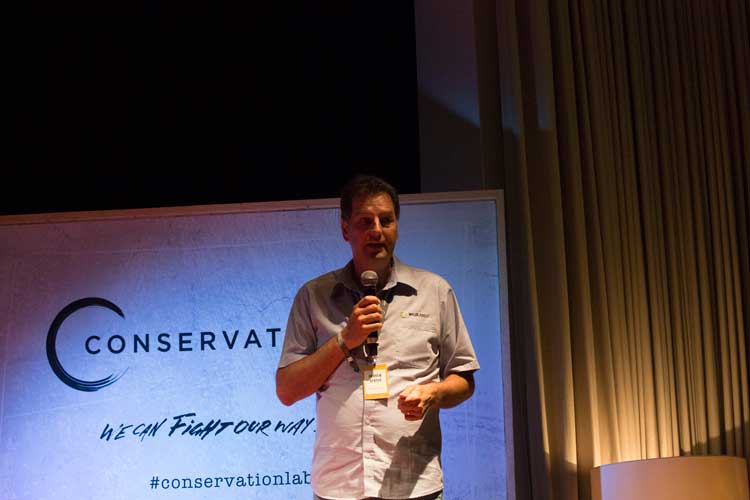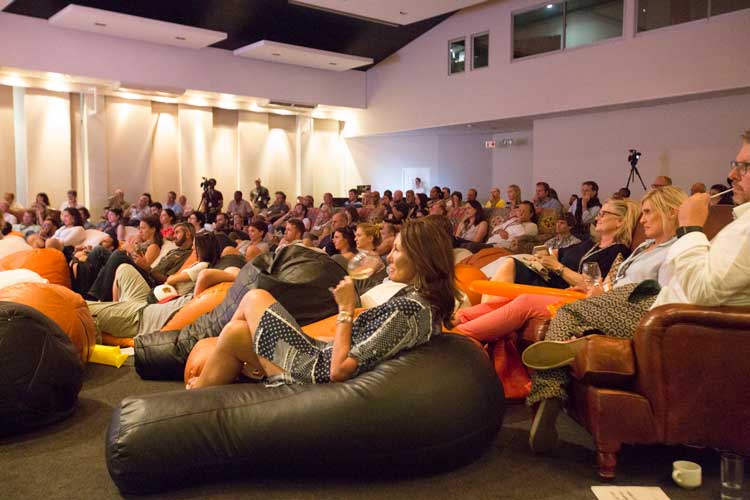WELCOME THE GREEN-SHOOTS OF REALISTIC DISCUSSION
Dr Andrew Ventre, the CEO of Wildlands, shares the key insights he gained at the Conservation Lab 2017.
It was with a real sense of excitement and anticipation that I arrived at Spier to join the Conservation Lab 2017, having been given the opportunity to meet and actively engage with many of Africa’s conservation and eco-tourism legends. In my opinion, it is imperative that these two worlds actively work together. This may seem obvious, but the significant growth of the luxury eco-tourism sector over the past two decades has largely been independent of the grass roots conservation community. Furthermore, the eco-tourism explosion around iconic destinations has often been at the expense of the very ecosystems that underwrite theses destinations. On a positive note, the eco-tourism model has demonstrated that it is possible to deliver tangible local economic development benefits in remote environments.

The event did deliver. The SPARK talks were amazing, opening multiple windows of opportunity for endless conversations. I also enjoyed the DISCUSS sessions, led by individuals passionate about specific issues – of personal interest were the debates around the conservation value of hunting; the rise of a third philanthropic conservation movement; and the growing development and extraction pressures on the marine environment. The hunting debate has become very polarised, and so it was reassuring to see the green shoots of a more realistic discussion. The hunting community is under siege, largely as a result of highly publicised bad behaviour, and thus the hunting safari footprint is shrinking. Unfortunately, it is shrinking faster that the photographic safari footprint is growing – and this is leaving vast areas of ‘wild’ Africa vulnerable. The future of wild Africa depends on the photographic and hunting communities finding common ground and working together with local conservation agencies. Greg Reis’ Niassa Wilderness story presented an intriguing alternative view, with the underlying reality being that both hunting and photographic tourism are not sufficient to protect and save Niassa! The marine story was thin and this is a flag given the significant growth in this sector. The shining light was Lesley Rochat’s shark conservation contribution, which demonstrated innovation and passion, and should be a clarion call for all of us.
I left Conservation Lab 2017 enthused, challenged and yet, concerned. I think that the luxury eco-tourism sector needs to be further challenged to move past their eco-tourism destination focus towards a broader conservation landscape focus; to transform leadership so that we see more colour and gender equity; and to nurture young precocious leaders that will push all the boundaries. I also believe that the discussion needs to include the communities whose land we talk about… And the government agencies who have the responsibility that they talk about…
I look forward to seeing the impact of the Conservation Lab-inspired movement in years to come and hope to play a small part in the change that is so desperately needed.

The third edition of the Conservation Lab un-conference will take place 11-13 May 2018 in Stellenbosch. To find out more about how to get involved (and collaborate with the biggest names in the game), contact paul@beyondluxury.com.
[All photos are by Maya Brasnovic]
